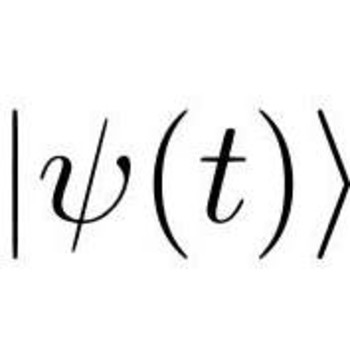What is the sum of all natural numbers to infinity?
2 Answers
There are a lot of different answers.
Explanation:
We can model the following.
Let
As you can see the numbers get bigger and bigger, so
or
BUT, some mathematicians do not agree on this.
In fact, some think that according to the Riemann zeta function,
I do not know much about this, but here are some sources and videos for this claim:
https://blogs.scientificamerican.com/roots-of-unity/does-123-really-equal-112/
In fact, there is also a paper on this, but it looks pretty complicated to me. Anyways, here is the link for it.
Ideas about
Explanation:
In higher level mathematics there is a specific function that is very closely associated with this sum, this is called:
Where
So we see that
But there are also some very famous other series in mathematics:
But its very interesting to see how
But its well know that
Few more interesting solutions of the riemann zeta function
"Values found on http://functions.wolfram.com/ZetaFunctionsandPolylogarithms/Zeta/03/ShowAll.html "


